Using brushes to chisel walls, making keys from spoons or making scarecrows from soap, prisoners have used many unexpected tools to carry out their escapes.
 |
| In February, Russian prisoner Troian Aleksei used a plastic stick, a spoon, and two toothbrushes to punch a hole in the wall of his cell, crawling out of the Khanh Hoa Police Detention Center. He then used these tools to grind the ventilation hole on the security wall outside the hallway, trying to escape, but was discovered. Aleksei was arrested late last year in Vietnam for using a fake card to withdraw money from an ATM. Photo: CA |
 |
| This is not the first time a Russian prisoner has used an unlikely tool to escape. In May 2013, Oleg Topalov, 33, escaped from Matrosskaya Tishina prison in Russia by using a spoon to punch a hole in the ceiling of his cell, open a ventilation hole, and then climb onto the roof of the prison and escape over the fence. According to Sputnik, Topalov was later recaptured in Izmailovo Park, northwest of Moscow. Photo: Yahoo News |
 |
| Also using a toothbrush but not to break the wall, Kelvin Singleton, 26, on March 27 turned it into a weapon to control prison staff in Chowan County, North Carolina, USA. Singleton was arrested two months earlier for robbery and kidnapping. In April, police discovered Singleton's headless body in a forest in North Carolina. Photo: wtkr |
 |
| There was a shocking prison break in history with very sophisticated tools. In 1962, Frank Morris and brothers John and Clarence Anglin, who were sentenced to life in prison for robbery and other crimes, escaped from Alcatraz prison. Alcatraz, considered the most inescapable prison in the US, was located on an island in the middle of San Francisco Bay, isolating prisoners from the outside world with cold water. Photo: enkivillage |
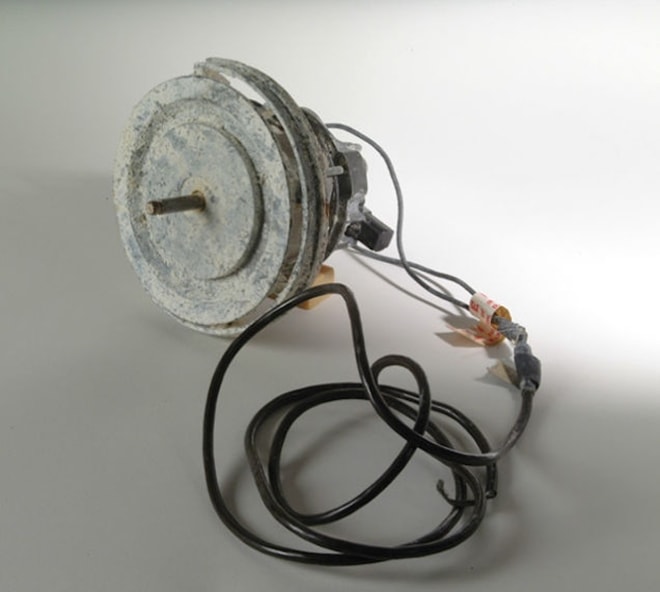 |
| Brothers Anglin and Frank Morris built a drill from a vacuum cleaner motor to chisel into walls. Photo: NPS |
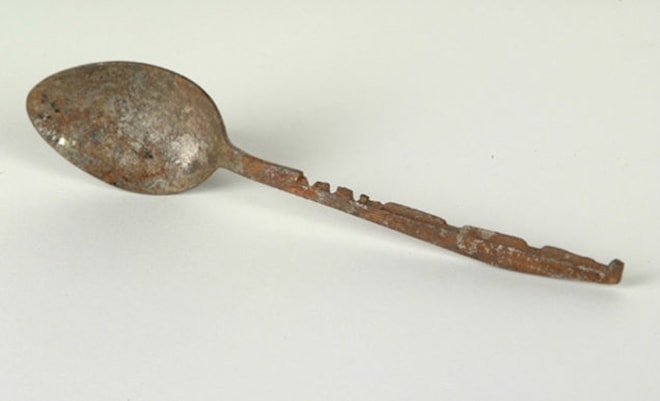 |
| The inmates also made their own keys by carving grooves into metal spoon handles. Investigators believe they may have used machine tools from prison workshops to do this. Photo: NPS |
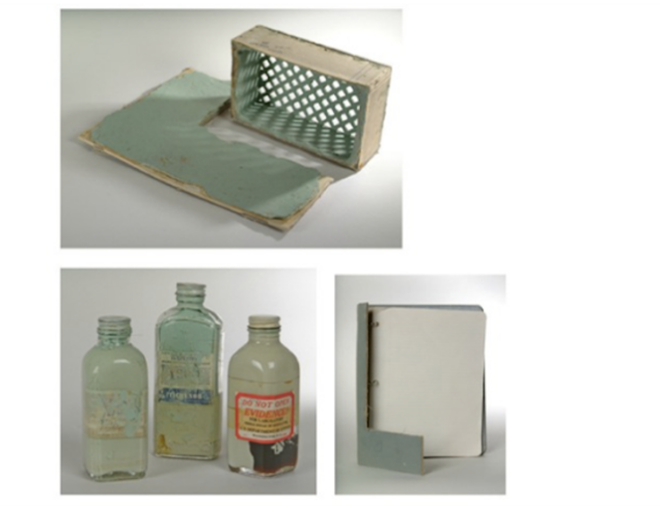 |
| They also cut out cardboard and painted it green to make fake air vents so the guards wouldn't notice they had entered the vents to escape. Photo: NPS |
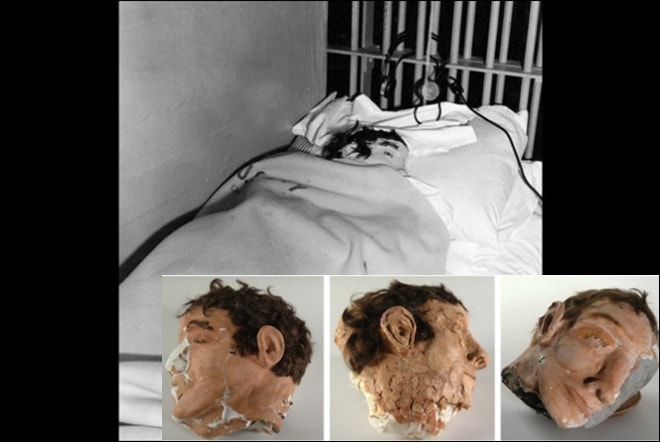 |
| The prisoners also made fake heads out of cotton, soap and real hair. They placed these dummies on their beds to cover up their escape. Photo: FBI |
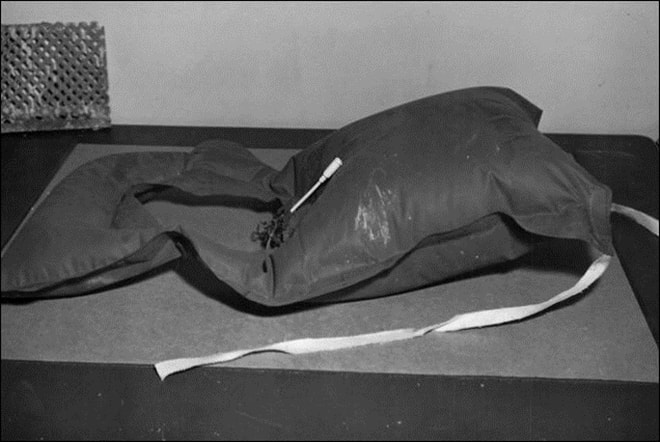 |
| Once out of their cells, the men climbed down the escape shaft at the north end of the prison and jumped into the water. They used 50 prison raincoats (possibly stolen) to make life jackets and rafts, but they apparently abandoned them because they were ineffective. Decades later, it remains unclear whether the prisoners made it out of San Francisco Bay alive. Morris and the Anglin brothers are believed missing and may have drowned. Photo: FBI |
According to VNE










